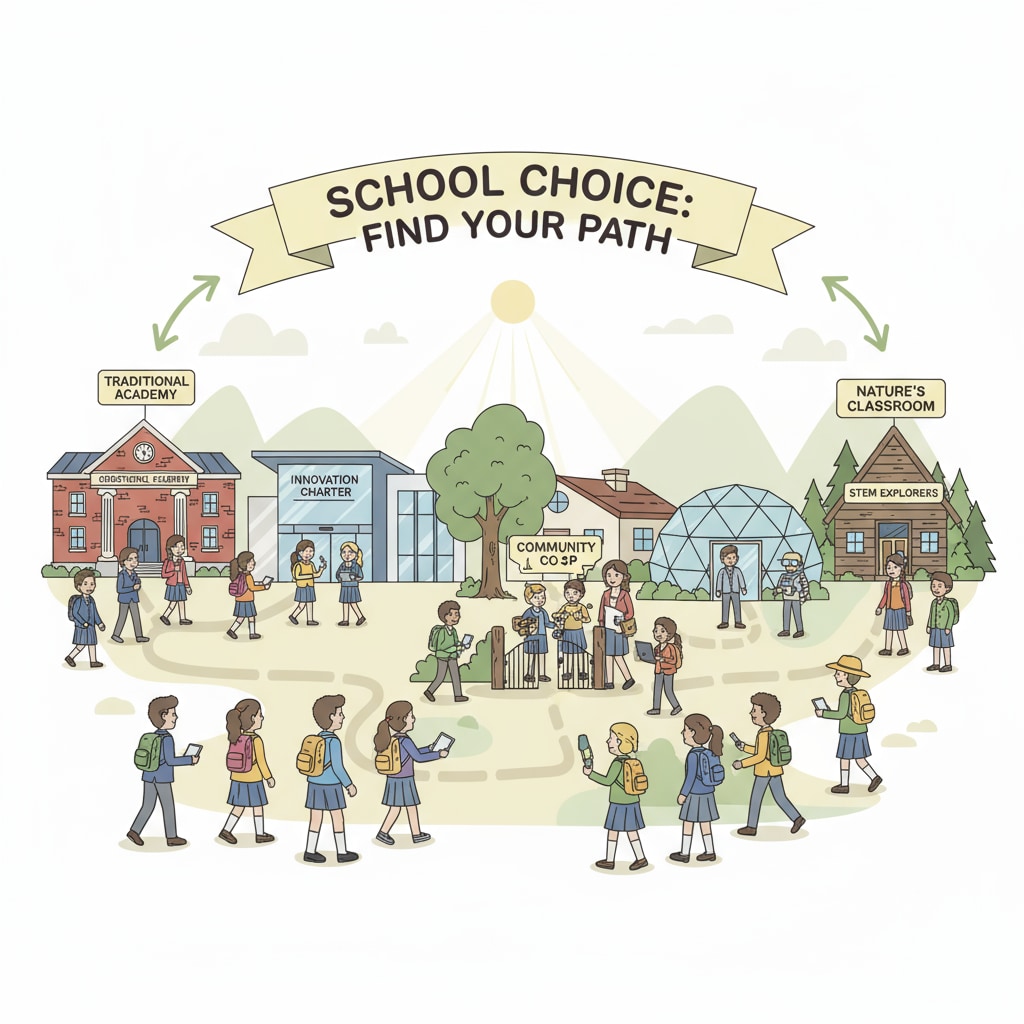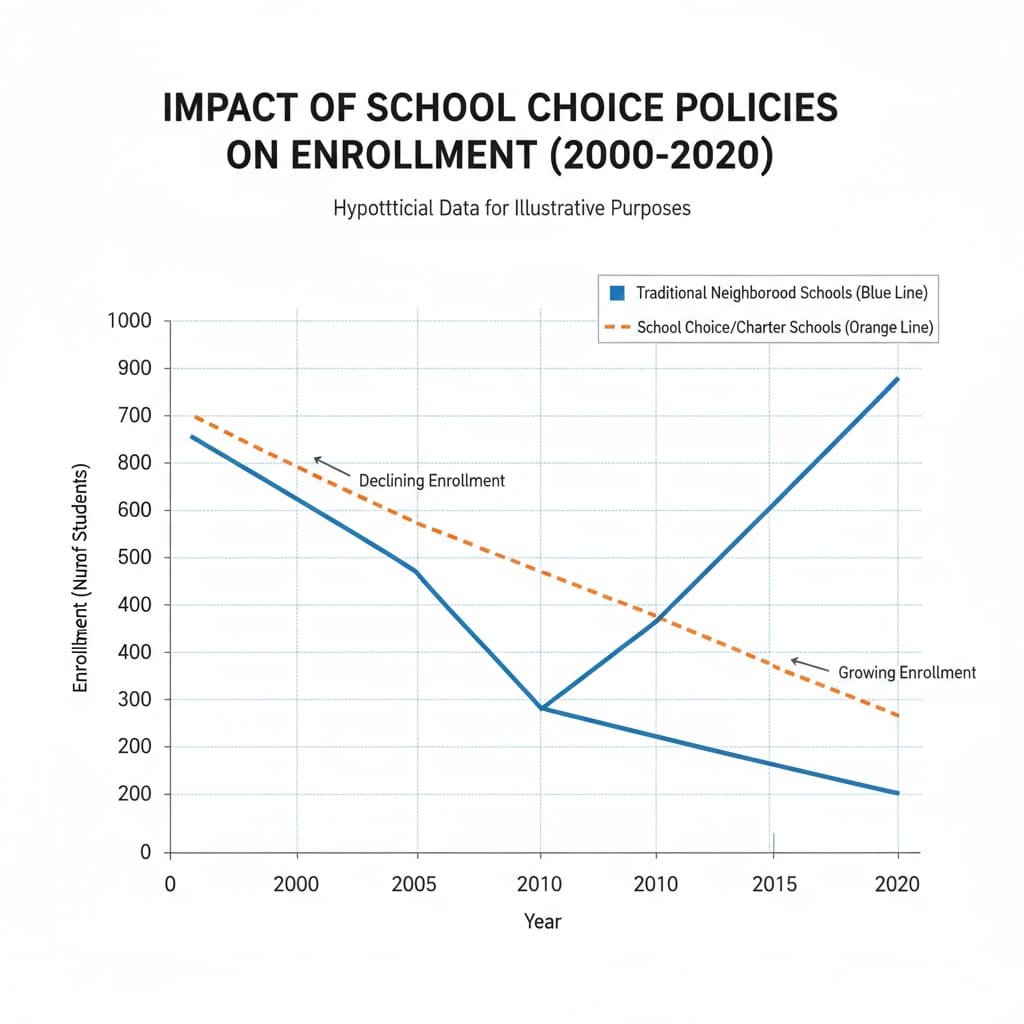The topic of school choice, conservatives, and education policy has always been a hot – button issue in the realm of education. While school choice policies are generally thought to be championed by conservatives as a means of promoting educational freedom and competition, there exists a significant amount of criticism within the conservative camp itself. This article delves into these critical perspectives to understand the reasons behind their concerns and the traditional educational values they aim to preserve.

The Concept of School Choice
School choice refers to a set of policies that allow parents and students to choose which school to attend, rather than being assigned to a school based on their residential location. This can include options such as charter schools, magnet schools, and voucher programs. Proponents of school choice, including many conservatives, argue that it promotes competition among schools, leading to improved educational quality. As Wikipedia’s page on school choice states, increased competition forces schools to innovate and offer better educational experiences to attract students.
Conservative Concerns
However, not all conservatives are on board with school choice policies. One major concern is the potential disruption to the traditional neighborhood school system. Neighborhood schools have long been an integral part of communities, fostering a sense of local identity and providing equal access to education for all children in the area. Conservatives who oppose school choice worry that the fragmentation caused by students leaving for different schools could undermine the social fabric of these communities. For example, in some areas where voucher programs have been implemented, a significant number of students have left public neighborhood schools, leading to a decline in resources and a less diverse student body.

Another concern is related to the quality control of schools in a free – market – like education environment. While competition is supposed to drive improvement, some conservatives fear that it could also lead to a race to the bottom. In a system where schools are vying for students, there is a risk that some institutions may cut corners on educational quality to reduce costs and increase their attractiveness. This goes against the conservative value of providing a solid, high – quality education foundation.
In addition, there are worries about the potential for increased segregation. School choice policies may inadvertently lead to self – segregation, as students from similar socioeconomic backgrounds may flock to the same schools. This runs counter to the conservative belief in equality of opportunity and the importance of a diverse society.
Readability guidance: As we can see, the conservative stance on school choice is complex. They are torn between the potential benefits of educational freedom and competition and the preservation of traditional educational and community values. By understanding these concerns, we can have a more comprehensive view of the ongoing education policy debates.


